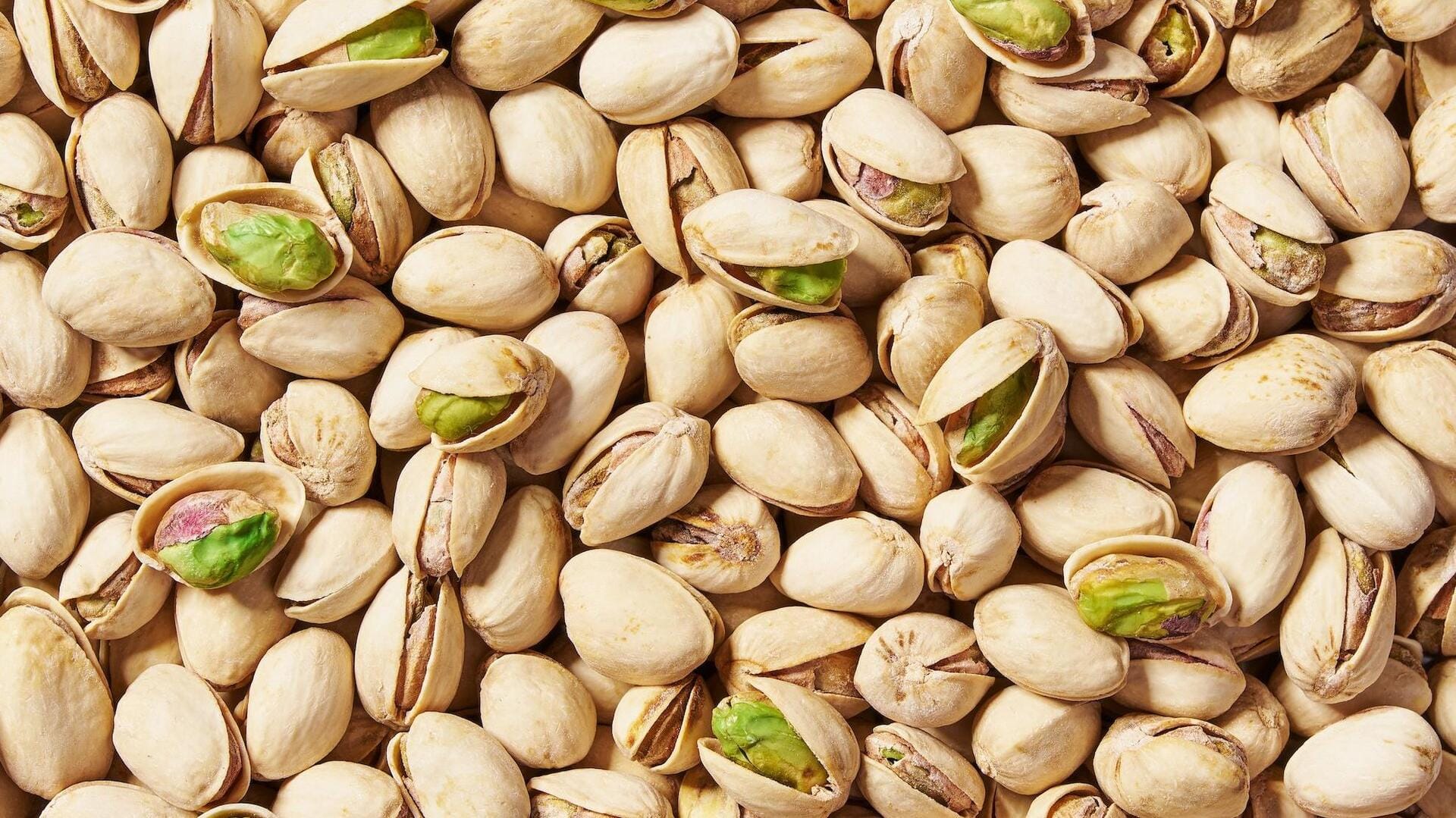
Pistachios v/s Brazil nuts: Which is better for you?
What's the story
Pistachios and Brazil nuts are two popular nuts known for their unique nutritional profiles. Both provide a range of health benefits, but they differ significantly in terms of the nutrients they offer. Knowing these differences can help you make informed dietary choices based on your nutritional needs and preferences. Here, we take a look at the nutritional differences between pistachios and Brazil nuts.
#1
Protein content comparison
Pistachios are known for their high protein content, offering around six grams of protein per ounce. This makes them an excellent choice for those looking to increase their protein intake through plant-based sources. Brazil nuts, on the other hand, offer less protein than pistachios, with about four grams per ounce. While both nuts contribute to daily protein requirements, pistachios may be more beneficial for those focusing on higher protein consumption.
#2
Fat composition insights
Both pistachios and Brazil nuts are rich in healthy fats, but their compositions differ. Pistachios have a higher proportion of monounsaturated fats, which are good for heart health when eaten in moderation. Brazil nuts have a higher amount of polyunsaturated fats, including omega-6 fatty acids. These fats are essential for body functions but should be consumed in balance with other dietary fats.
#3
Vitamin content analysis
Pistachios are loaded with vitamin B6, which is essential for brain health and energy production. A single serving can provide over 25% of the daily recommended intake of this vitamin. Brazil nuts are famous for their selenium content, providing over 100% of the daily requirement in just one ounce. Selenium is essential for thyroid function and antioxidant protection in the body.
#4
Mineral presence differences
While both nuts are rich in minerals, they differ in what they offer. Pistachios provide potassium, which is important for heart health and muscle function. Brazil nuts are particularly rich in magnesium and phosphorus, both of which are essential for bone health and energy production. Choosing between them can depend on which minerals you want more in your diet.